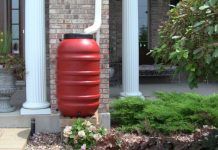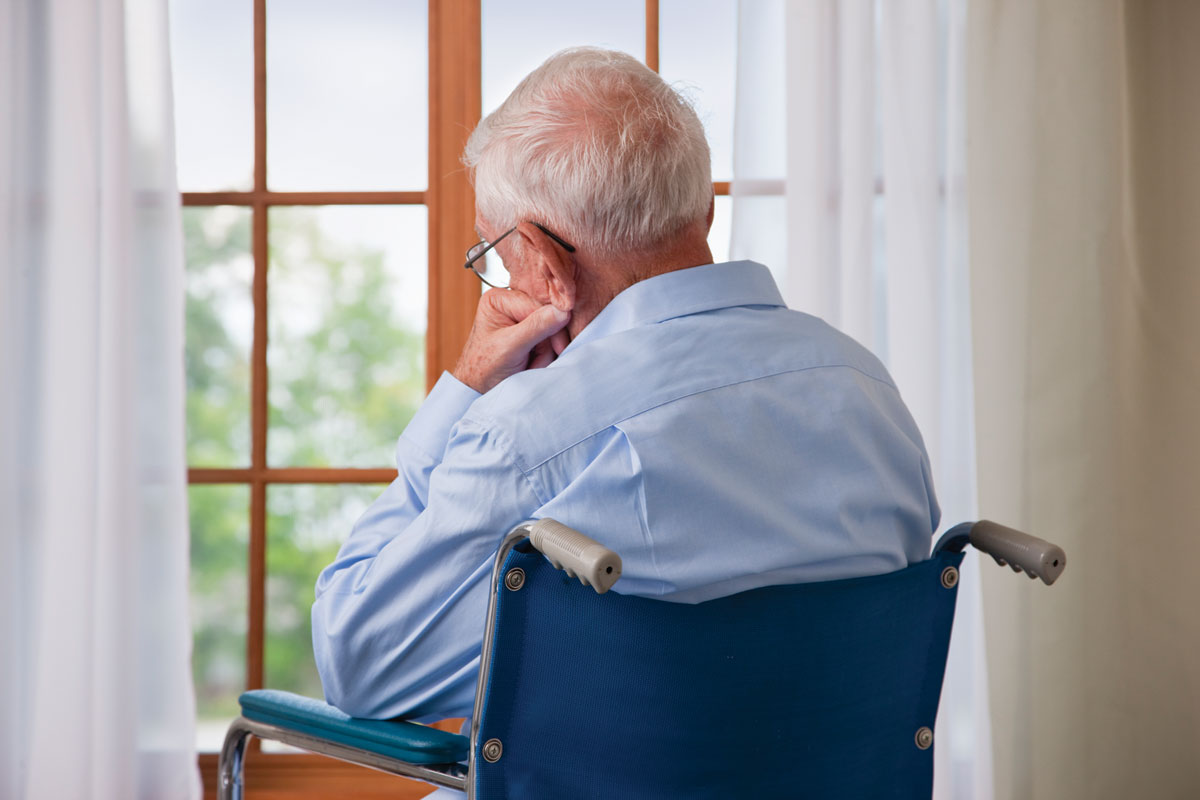This is a time of unparalleled discord. We are rightly horrified by the death of George Floyd in Minneapolis. We are legitimately frustrated by a pandemic that has threatened lives and livelihoods in unprecedented magnitude. We sympathize with protests, but like most others we cannot comprehend or condone violent attacks on fellow citizens and their property.
Through it all, first responders have bravely dealt with disease, unrest and violence. That group of heroes includes news reporters: men and women who arrive at the front lines armed with pens, tablets and smartphones, who rush to dangerous scenes so we might know what’s at risk, what choices we have, and what resources are accessible. They deserve the same kind of respect and protection against harassment and harm that we afford police, fire and health workers.
I’ve been an eyewitness as head of the 400-member California News Publishers Association. Reporters are parked at the scene gathering the news, risking infection and bodily harm, and filtering fact from fiction so that we might act in lifesaving ways for our good and the good of all our neighbors.
This work of gathering news and telling stories is less dramatic, perhaps, than a medic caring for a coronavirus patient in ICU or a fireman racing to the fire. But it is no less impactful. For journalists are the conduit for informed engagement, which is the lifeblood of our democracy. From their pens come the impetus that moves entire populations to think, to decide, to act.
To fully understand the import of such service, we need only visit the stories in our local news outlets filed by correspondents in harm’s way. These aren’t just first drafts of history. They are the transcripts of the warnings, dreads, pleas and consolations that inform communities and provide the raw material for both decision-making and community resolve.
What makes these drafts so powerful is their honesty in the face of tragedy. It is the work of first responders trained in truth-telling, plying their skills to inject our understanding with facts so that we can more ably ward off fears from the unknown and the unfounded.
The point is that news outlets — and the reporters who have braved their way into the places where virus spreads and chaos erupts — are critical to public safety and community well-being. Indeed, their stories are the proof points that inform and instigate our engagement in the resolution to problems ranging from systemic racism to economic hardship.
During these times, it is vital that communities continue to have access to the type of authoritative information that journalists provide. They must be protected from violence while engaging in newsgathering activities. Additionally, to the extent public officials decide that curfew orders are necessary to protect public safety, the media must be designated as essential and specifically exempt from these orders.
At this moment in time, we pray that the work of journalists in California will be the catalyst that augurs for recognition of our biases and a meaningful effort to change them.
Chuck Champion is president and CEO of the Sacramento-based California News Publishers Association.














